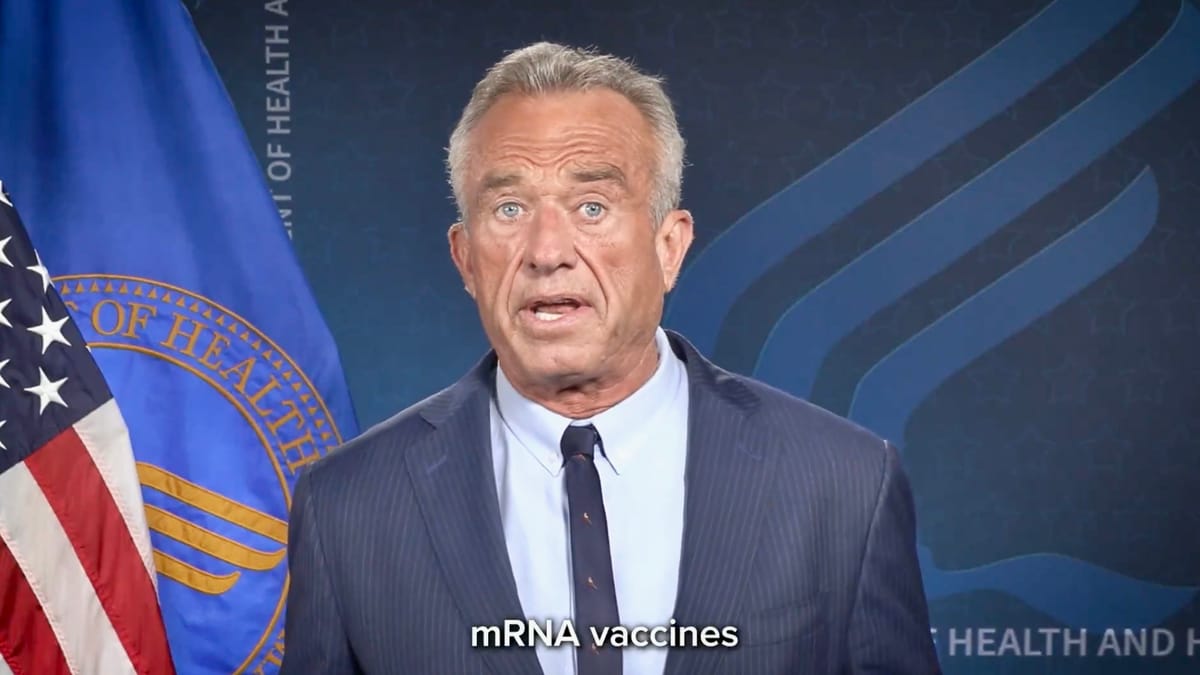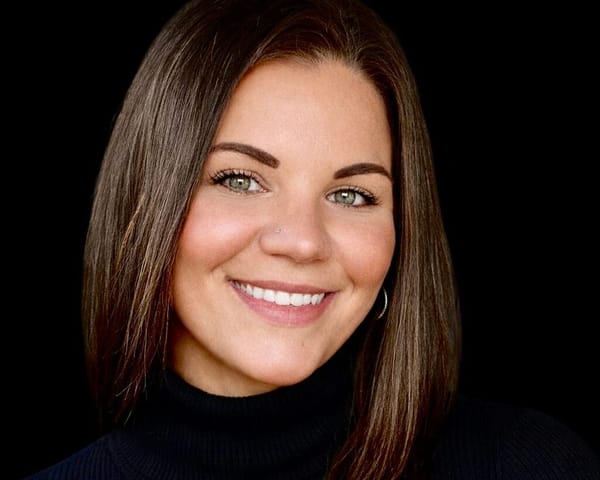HHS Axes $500 Million in mRNA Projects, Kennedy Pushes New “Universal” Vaccine
Announcement marks shift away from mRNA and back to traditional forms of vaccines

The Department of Health and Human Services (HHS) is pulling the plug on 22 mRNA-vaccine contracts valued at almost half a billion dollars.
HHS Secretary Robert F. Kennedy Jr. said Tuesday the money will be re-channeled toward what he called “safer, broader” platforms that do not collapse when viruses mutate.
In a three-minute video posted to X, Kennedy singled out Moderna and Pfizer for criticism, saying their flagship COVID and flu programs rely on technology “too narrow and too risky.”
“To replace the troubled mRNA programs,” he said, “we’re prioritizing whole-virus vaccines and entirely new platforms.” The shift, he insisted, is “not a war on vaccines, but a war on bad science.”
The cancellations affect every HHS grant tied to mRNA for respiratory viruses, including COVID-19, seasonal flu and the H5N1 strain of bird flu. Scientists who had already spent months on lab work received cancellation notices Tuesday morning.
Industry backlash came within hours.
“I don’t think I’ve seen a more dangerous decision in public health in my 50 years,” said Mike Osterholm, an infectious-disease expert at the University of Minnesota. Osterholm argued that mRNA’s rapid-manufacture advantage would be missed in the next pandemic, calling Kennedy’s move “short-sighted.”
Dr. Paul Offit, vaccine specialist at Children’s Hospital of Philadelphia, echoed the concern. “It’s certainly saved millions of lives,” he said of existing mRNA shots. Abandoning the technology before a bird-flu jump to humans “could cost us dearly,” he warned.
Moderna had been testing a single-dose Covid-plus-flu mRNA shot intended for the 2026 season. In a brief statement the company said it was “evaluating options.” Pfizer declined to comment.
The cancelled projects represent only part of HHS spending on mRNA. Research into cancer immunotherapy or ultra-rare conditions remains untouched, the Agency confirmed.
Hours after the announcement Kennedy flew to Anchorage. Standing beside Republican Senators Dan Sullivan and Lisa Murkowski, he revealed that HHS is now betting on what he called a “universal coronavirus and flu vaccine” designed to mimic the body’s natural defenses.
“We believe it could provide long-lasting protection across many strains,” he told reporters. Details remain sparse, but HHS officials have already begun talks with a small network of biotech firms specializing in whole-virus and protein-based shots.
The new direction marks the clearest sign yet that a lifelong critic of vaccine orthodoxy is reshaping America’s pandemic playbook in real time.
While decried by vaccine supporters and those in the vaccine-industrial complex, the move has been welcomed by those who have become increasingly concerned about the growing evidence of harm—not least of which are the rising rates of “turbo cancers,” excess mortality and falling birth rates—associated with the introduction of the COVID mRNA injections.




